-

June 22, 2015
Recent drought conditions in California have focused attention on the nation’s need to protect its water supply. As a result, the U.S. Department of Energy is looking for a better way to cool off some of the country’s 7,304 power plants—99 percent of which are water-cooled. With DoE support, researchers from the College of Engineer are developing technology that can cool plants with wax instead of water.
Read More
-
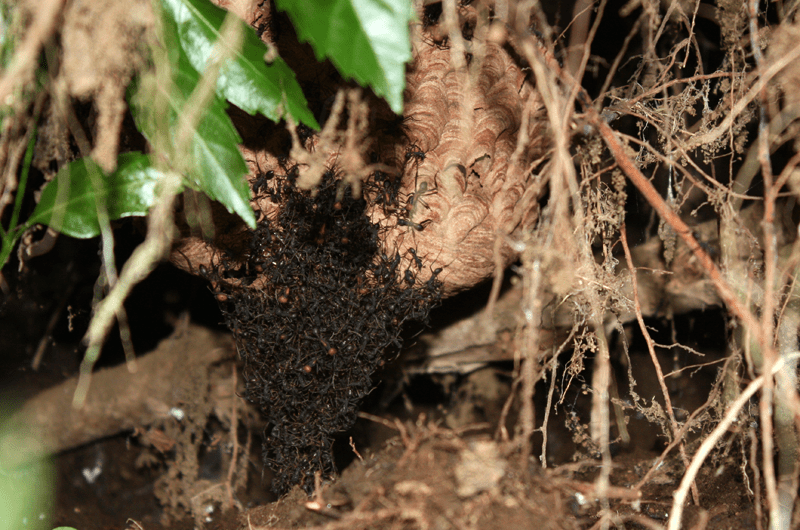
June 15, 2015
A new Drexel study shows underground species of army ants are much less tolerant of high temperatures than their aboveground relatives—and that could mean climate change models lack a key element of how animal physiology could affect responses to changing environments.
Read More
-
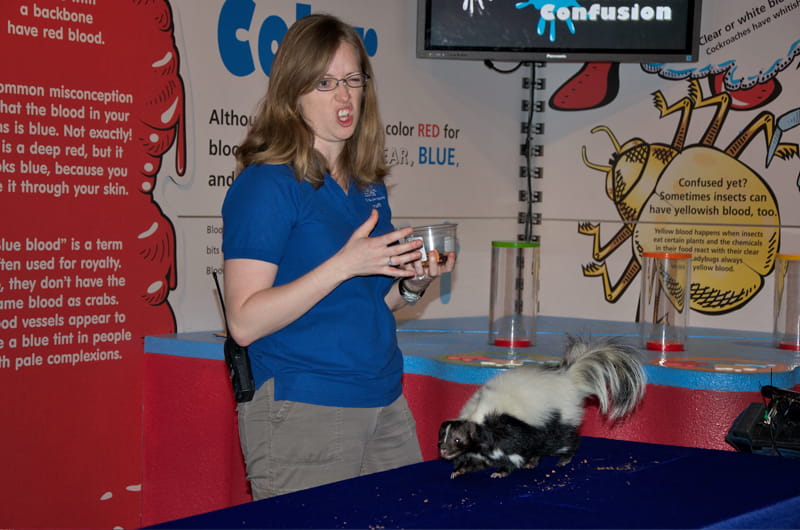
June 02, 2015
Let’s face it: Animals can be gross. But what can we learn from some of the things that we find disgusting or weird? A new exhibit at the Academy of Natural Sciences shows us.
Read More
-

May 19, 2015
A team led by environmental engineers from Drexel University are the first independent researchers to take a closer look at the air quality effects of natural gas extraction in the Marcellus Shale region of Pennsylvania. The group used a mobile air quality monitoring vehicle to survey regional air quality and pollutant emissions at 13 sites including wells, drilling rigs, compressor stations and processing areas. Their work establishes baseline measurements for this relatively new area of extraction.
Read More
-

May 04, 2015
On Thursday, May 14 from 6:30 – 8 p.m., a public lecture and forum, “Making Place by Building Civic Stewardship & Public Art-Making” will take place in Drexel’s Leonard Pearlstein Gallery (3401 Filbert St.). This event is free and open to the public. A reception will be held prior to the event at 6 p.m. Three panelists will give presentations about their work as it relates to creative placemaking, civic stewardship, social equity, public art and environmental infrastructure.
Read More
-
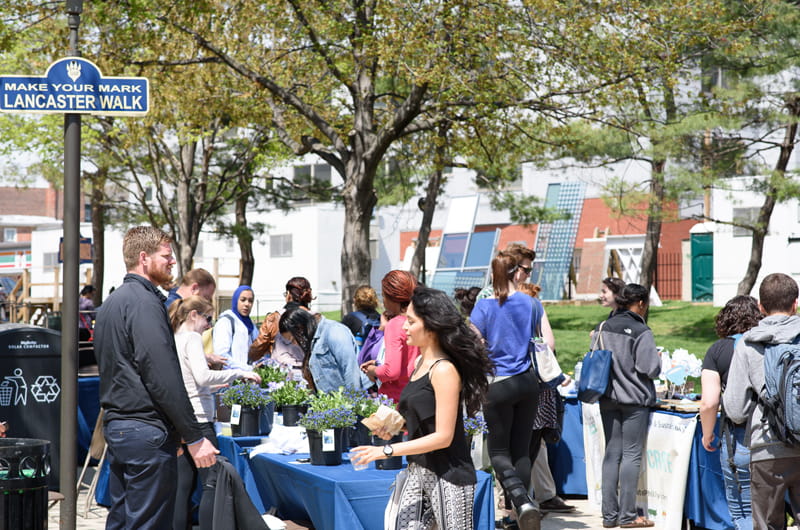
April 27, 2015
Drexel held its annual Earth Day Block Party last week, the culmination of events across the University that highlighted sustainable living and the environment.
Read More
-

April 24, 2015
A convenient pick-up location at the Drexel Recreation Center opens up the possibility of participating in a farm share for the University community.
Read More
-
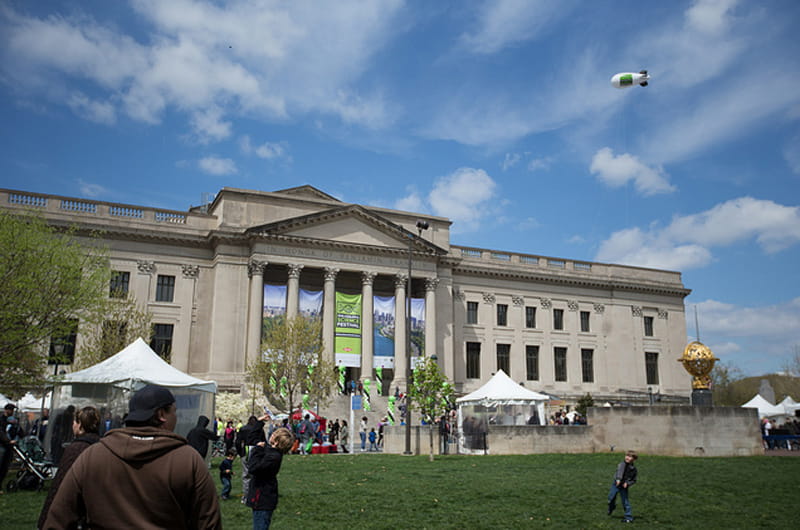
April 22, 2015
Students, faculty and staff from Drexel University will help make the fifth anniversary of the Philadelphia Science Festival one of the biggest citywide celebrations to date. More than 200 regional partner organizations from museums to cultural centers and educational institutions will present over 100 events across the city during the nine-day celebration intended to inspire the next generation of scientists and engineers.
Read More
-

April 13, 2015
When he’s not helping discover new dinosaurs and fossils, the Academy of Natural Science’s Jason Poole uses the prehistoric beasts as inspiration for his art.
Read More
-
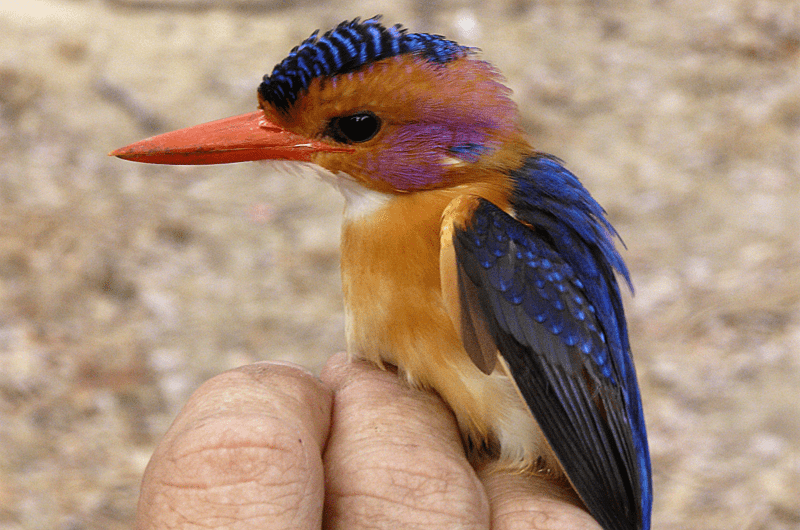
April 08, 2015
A new study published this week in the journal PLOS ONE explores the scope of malaria parasite diversity in southeast African birds, and provides insight into how lifestyle characteristics of birds can influence their association with different parasite genera.
Read More